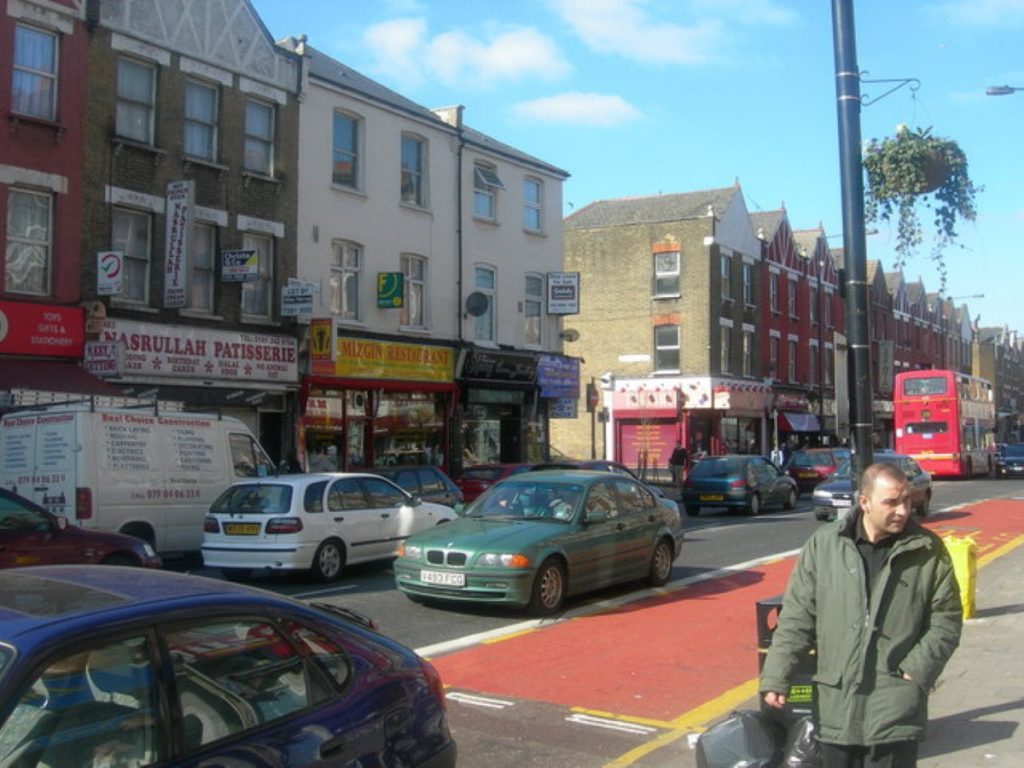London boroughs first in line for benefit cap
Households in four London boroughs are the first to face the coalition's cap on monthly benefit payments, ahead of a broader national rollout later this year.
As of today those claiming benefits in Bromley, Croydon, Enfield and Haringey will not receive more than £350 a month. Couples will be prevented from receiving more than £500.
The cap will be introduced across the country from July 15th and will be "completely implemented" by September, according to the Department for Work and Pensions' plans.
"This is about fairness," employment minister Mark Hoban told the Today programme.


"There are people in this country making difficult choices about where they live and who don't claim housing benefits. If they want to escape the benefits cap, the best way to do it is to move into work."
Officials say struggling claimants who will be adversely affected by the change are receiving help from Jobcentre Plus including help to move closer, or into the labour market, money and budgetary advice, housing options advice, support to negotiate rent reductions with private landlords and access to childcare provision.
The cap applies to a range of household benefits, including child benefit, incapacity benefit, jobseeker's allowance and the employment and support allowance.
It also affects housing benefit, which is also subject to cuts from the 'bedroom tax' penalising empty spare bedrooms and broader council tax benefit cuts.
Concerns about the housing benefit cap were being raised by London local authorities as early as last summer, when the Labour mayor of Lewisham Sir Steve Bullock told politics.co.uk 825 households in Lewisham would be affected.
Of those, 200 families will suffer a loss in income of over £150, forcing them out of the properties they are living in at the moment.
"What I'm being told is we simply cannot find the larger properties for families with three or four children in the private sector," Bullock said.
"The pressure on our own stock is great at the moment. We're working with private sector landlords in the local area to try and come to arrangements to release more property that we can use."
Bullock, who is the housing spokesperson for London Councils, said the problem is affecting the capital because housing prices are higher.
"If you push people out of London then they're not going to be able to afford the travel costs to come in and do the essential jobs we need doing in the cities," he warned.
But the Policy Exchange think-tank's head of economics and social policy Matthew Oakley said: "£26,000 a year is an awful lot of money.
"For this reason, it is completely right to assess what level of support taxpayers are willing to give to any one family. We also need to remember that unconditional support is still available to those on disability benefits that the government does not expect to work: they are exempt from the cap."












